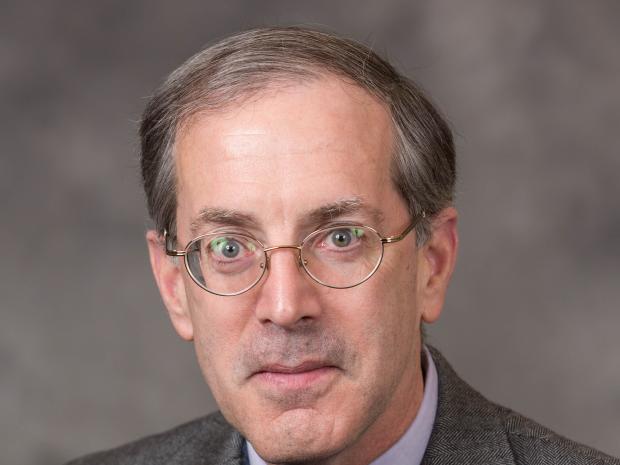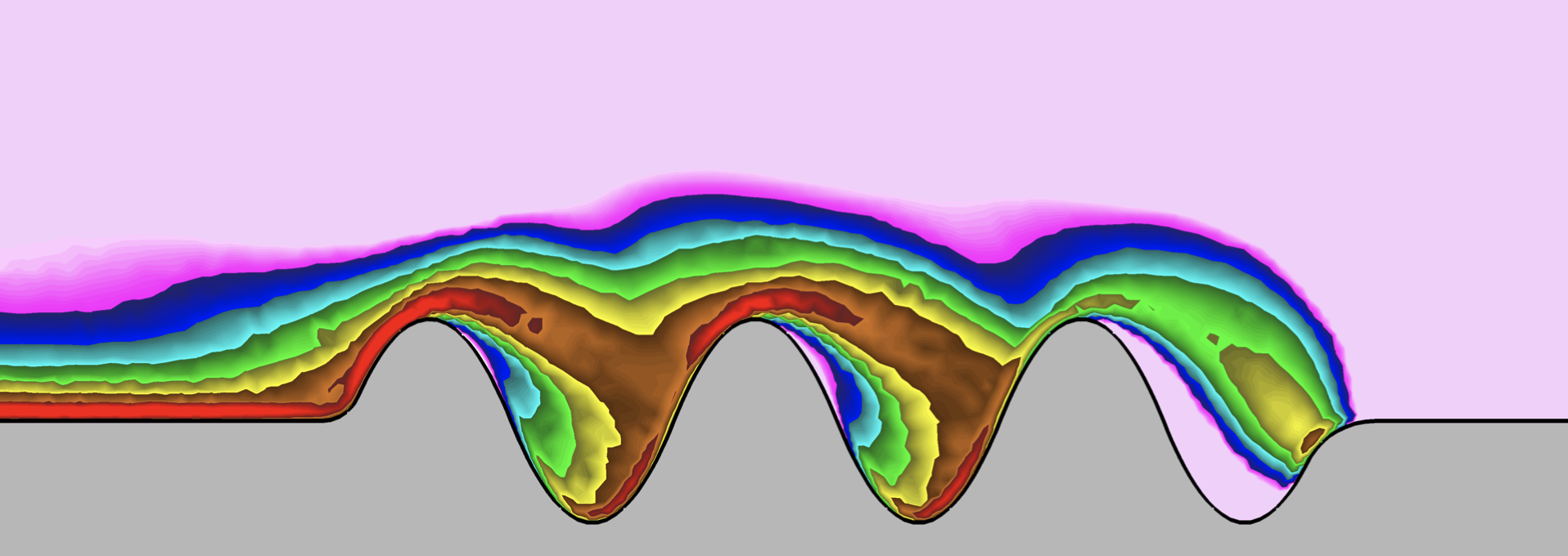Leveraging Low Temperature Plasmas for Materials, Energy and Environment

Speaker:
Mark J. Kushner
University of Michigan, Department of Electrical Engineering and Computer Science
Abstract:
One vision of the future is that processes that fuel society will be carbon neutral and our power needs will be met by renewable green electricity. Societies, however, run on chemical reactivity, and so processors are needed to convert green electricity to chemical reactivity. Low-temperature plasmas (LTPs), partially ionized gases, can and do serve in this role. LTPs are processors that use electricity to generate chemically reactive environments in gas- es, liquids and on surfaces. The challenge is how to make these conversion processes more efficient and less costly. One strategy is to use atmospheric pressure plasmas to selectively produce chemical reactivity in multiple phases. In this talk, advances in the science and technology of atmospheric pressure plasmas (APPs) will be discussed. Using results from computational investigations, the challenges and potential applications of using APPs for chemical conversion, treatment of liquids (from water to biological fluids), environmental cleanup and plasma medicine will be described. For example, plasma catalysis is a process in which plasma production of radicals at low temperatures is combined with conventional catalysis to improve the efficiency and selectivity of chemical conversion. Plasma catalysis entails APPs propagating through a bed of metal catalyst impregnated dielectric matrices. How might APPs be configured to optimize these interactions for higher chemical conversion efficiency? At the other extreme of potential applications is the APP treatment of liquid aerosols. This process is a new means of customizing the plasma-induced reactivity of liquids, with opportunities for new applications in agriculture and food safety.


